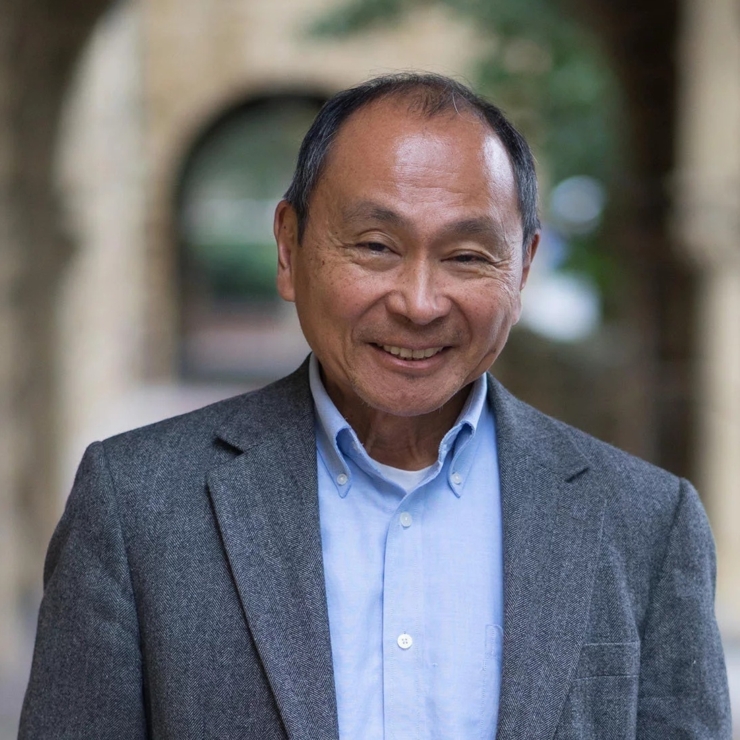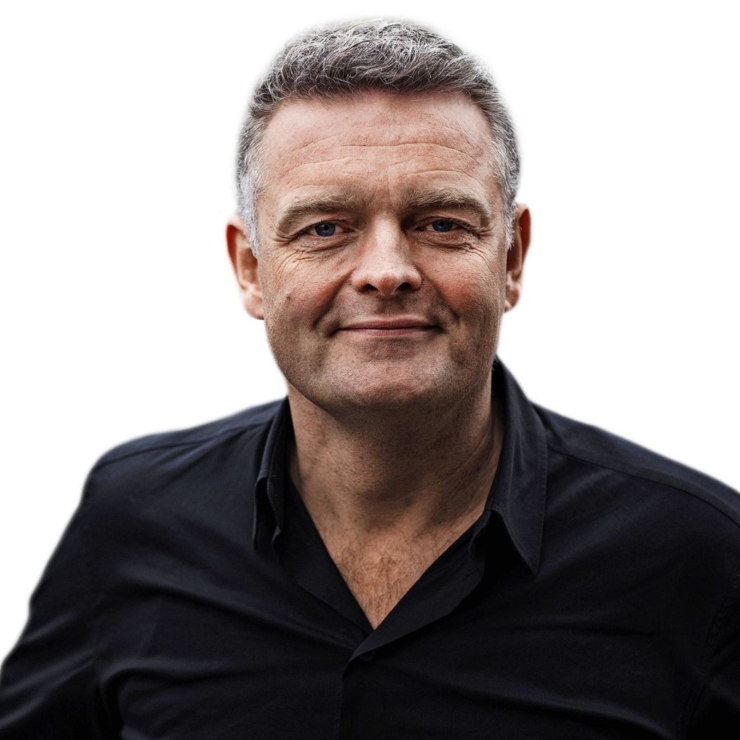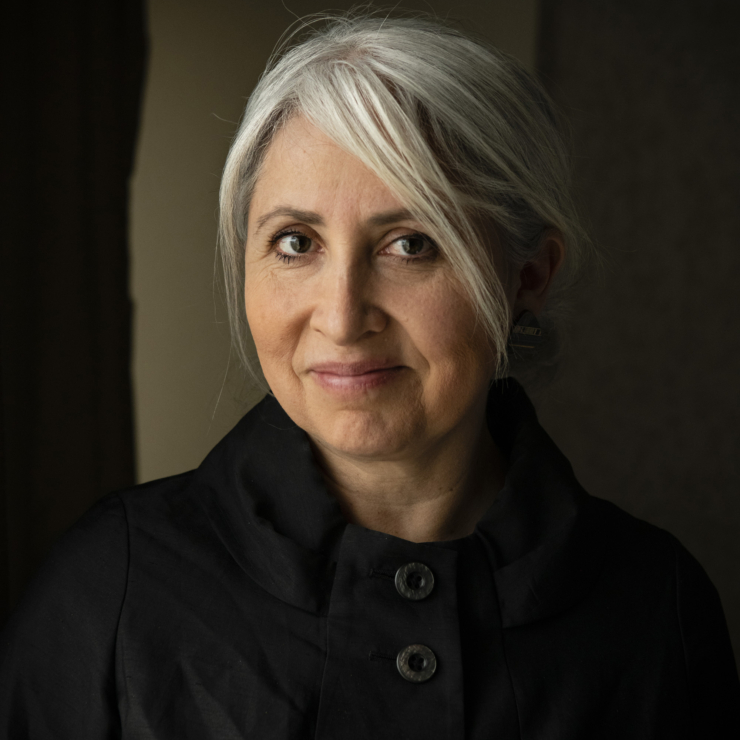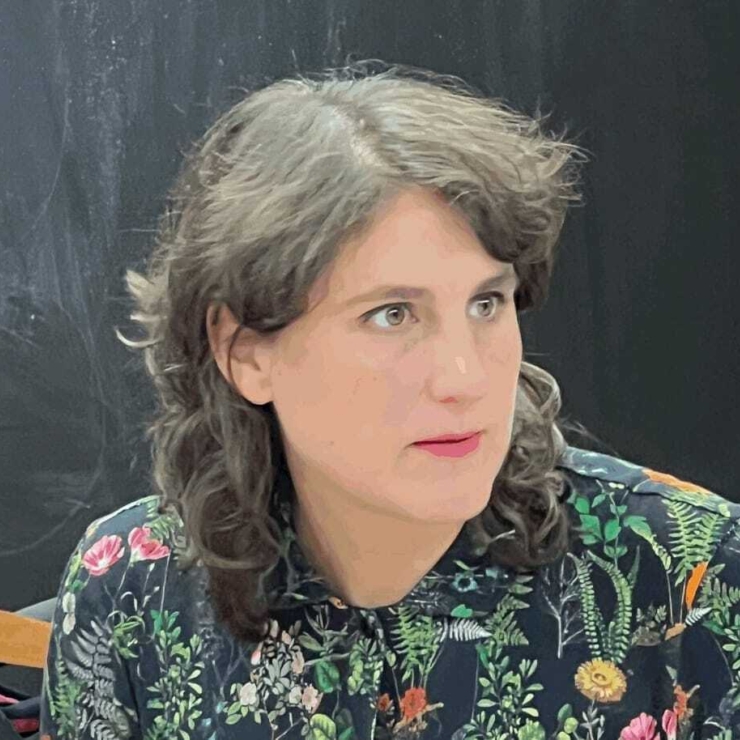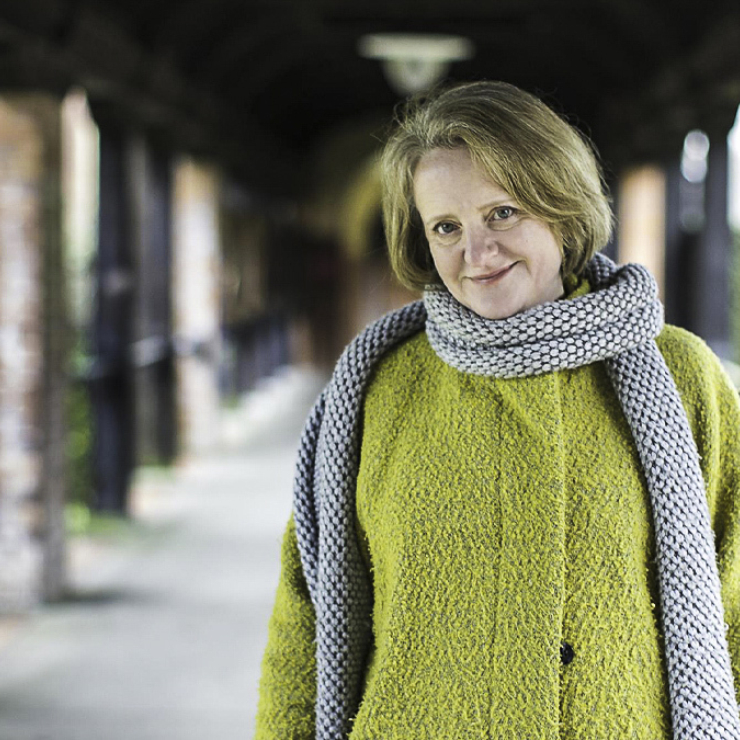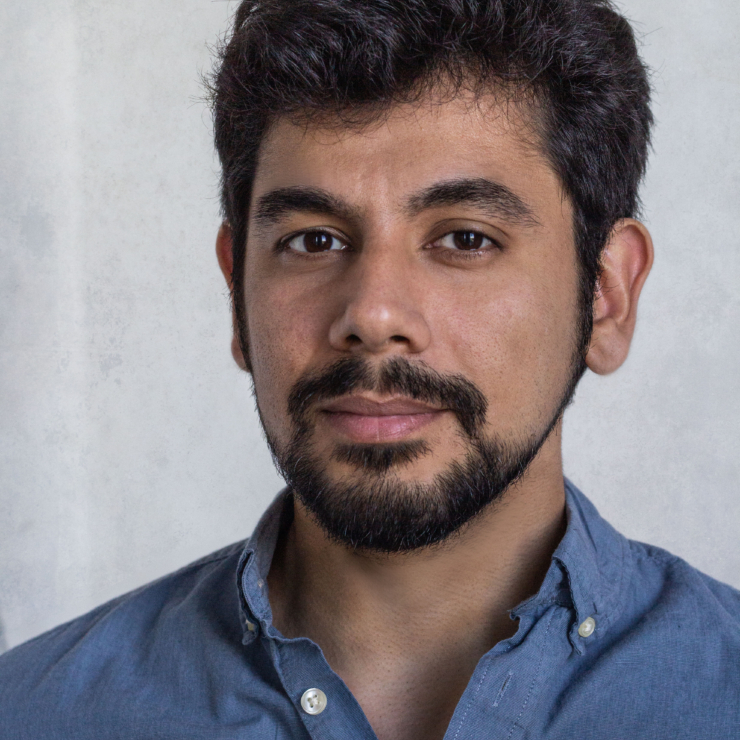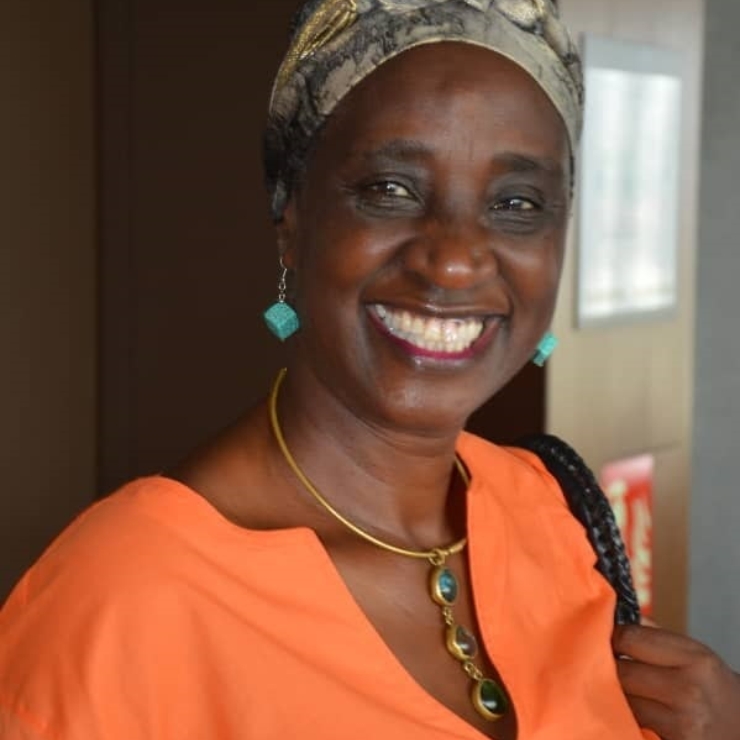Citizens often lack agency to genuinely shape the communities in which they live - we want to change this.
Designing a new democratic model for decision making in our cities
From April 2023 - January 2024, we convened an International Task Force on Democratising City Planning as we believe that many urban areas in the world are facing a similarly dysfunctional systems for taking decisions on urban planning related problems that intersect with issues about climate, housing, homelessness, land use, infrastructure, etc.
From the conversations we had with stakeholders in different parts of the world, we sensed that there is a consensus that the system is somewhat ‘stuck’, that many are unhappy with how it works today, that there are constant tensions between the different stakeholders involved in these decisions and, in particular, that citizens rarely play a meaningful part in the decision making process.
However, there is growing evidence of another possible way forward.
Comparative research from the OECD on deliberative Citizens’ Assemblies, where members are selected by civic lottery, highlights that many of the 700+ international examples of Citizens’ Assemblies addressed topics related to the environment, urban, and strategic planning.
The evidence suggests that there really could be a better way to systemically take these types of decisions - a system that enables us to engage with the complexity and messiness of urban and city building challenges, to create better conditions for weighing trade-offs and finding common ground. In the context of the climate crisis and growing divisiveness, instigating systemic change is more urgent than ever.
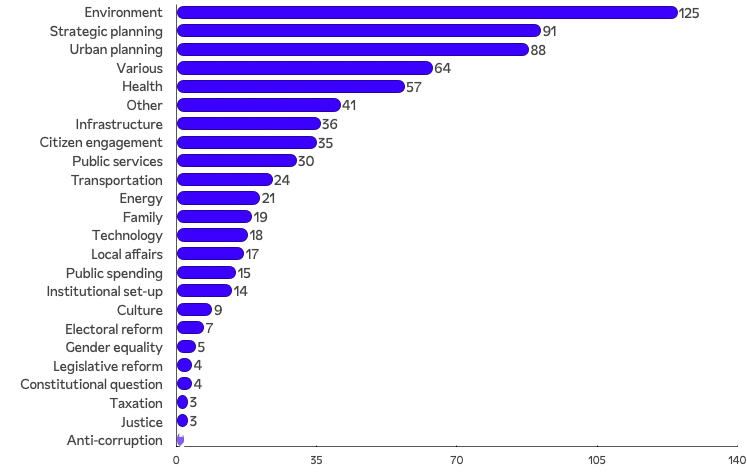
Today it is common for a one-off participatory or consultation process to be initiated in relation to one development, but there are often hundreds of planning decisions ongoing at any one time. By taking this systemic lens, we acknowledge the complexity of the system, and consider where, and in which ways, citizen deliberation and participation could be leveraged to result in greater legitimacy, better decisions, and more democracy - in an ongoing way.
Urban design and planning decisions are also related to many different policy issues - from housing to mobility, transport, energy, climate change and many others. In this way, it is also a first step towards entirely rethinking systems of local government decision-making.
DemocracyNext believes that by creating new deliberative institutions, citizens can hold genuine power in planning, design, and infrastructure decisions and can play a critical role in the constellation of parties involved in urban design and planning processes.

The output of this International Task Force is a collaboratively produced proposal for an alternative system of urban design and planning decision making – one that has citizens, truly representative of the diversity of a community, at its heart, and in constructive relationship with the city government, planners, designers, developers, community groups, and nature. The aim of the Task Force was to not only publish a report, but for these ideas to lead to concrete action and change by partnering with cities around the world test how Citizens' Assemblies can lead to better decision making.
We are happy to announce that between February and March, we received over 20 applications from cities in 17 countries around the world expressing their interest to work with DemocracyNext. These cities are eager to make systemic changes to how decisions about urban planning are made, with deliberative and sortition (lottery)-based approaches such as Citizens’ Assemblies as a key pillar of change.
Using the proposals outlined in DemocracyNext’s paper Six ways to democratise city planning as a starting point, we will collaborate with these cities over the next 2 years to adapt the proposals to each context, designing how Citizens’ Assemblies can be embedded in each unique place to broaden and deepen citizen participation and deliberation in urban planning decision-making.
We've finished conducting interviews with the shortlisted candidates and will be making an announcement about who we are working with soon
The DemocracyNext International Task Force on Democratising City Planning was made up of 15 globally renowned professionals from various spatial practices and the fields of deliberative and participatory democracy and collective intelligence to collaborate and reimagine how urban planning decision making processes could adapt and place more power in the hands of citizens. Our Task Force members are an international mix of planners, architects, landscape architects, academics, researchers, developers, public servants, innovators, policy-makers, and other experts from around the world to collaborate with DemocracyNext.
During this process, we have also engaged with a wider group of 100+ actors working in a variety of professions including spatial practice, urban development, and deliberative democracy, to share the progression of this work. The intention was to collect broad feedback before finalising a proposal. This was essential to ensure that we developed a proposal that is informed by as many perspectives as possible.
Over a nine-month period, we convened the task force virtually and in person to develop this model together. Between the first two convenings in June and July 2023, DemocracyNext attended the Urban Future conference in Stuttgart between 20-22 June, where we led a randomly selected, deliberative session on this theme. The initial ideas of the first convening fed into some early propositions and key questions that will be shared and tested at the conference.
During the in-person convening in The Hague in September 2023, the DemocracyNext team and the Task Force members co-developed a set of propositions for a model of empowered and institutionalised citizen deliberation and participation for urban design and planning decisions.
Between October-January 2024, DemocracyNext fleshed out the initial ideas developed together in The Hague, and gathered feedback in an iterative way through a series of virtual meetings and comments received on the draft from both the Task Force and the larger stakeholder group.
In February 2024, we launched the paper, in English, French, and Spanish. We disseminated it with a Open Application for interested cities or regions to work with DemocracyNext to provide support on contextualised implementation and evaluation.
In Spring 2024, we received over 20 applications from cities in 17 countries around the world expressing their interest to work with DemocracyNext. These cities are eager to make systemic changes to how decisions about urban planning are made, with deliberative and sortition (lottery)-based approaches such as Citizens’ Assemblies as a key pillar of change. We will collaborate with three cities over the next 18 months to adapt the proposals to each context, designing how Citizens’ Assemblies can be embedded in each unique place to broaden and deepen citizen participation and deliberation in urban planning decision-making. These cities are Esch-sur-Alzette (Luxembourg), Kerewan (The Gambia), and Vilnius (Lithuania)
While the current selection process is now closed, we are happy to continue hearing from interested cities for future collaborations. If you would like to discuss this with us, please contact our Cities Programme Lead, James MacDonald-Nelson at james@demnext.org
Click here to find out more about the current cohort of cities!


